November 4, 2020
Poor and low-income people showed their power in pivotal states in the 2020 election, but none more clearly than in Michigan and Wisconsin, where voters embraced an agenda that lifts people from the bottom in a victory for democracy.
The Poor People’s Campaign: A National Call for Moral Revival knew from a study it released in August that if just 1% of poor and low-income voters in Michigan who did not vote in 2016 engaged in this election, they could equal more than the margin of victory in the 2016 presidential election. In Wisconsin, that figure was 5%, according to the study, conducted by a researcher at Columbia University.
After counting every vote, both states reached record turnout numbers: nearly 73% in Wisconsin (as opposed to 67% in 2016). Turnout was as high as 69% turnout in Michigan (as opposed to 63% in 2016; final number of registered voters from same-day registration isn’t available).
“Fusion politics that unite poor and low-income people are one key to expanding the electorate,” said Rev. Dr. William J. Barber II, co-chair of the Poor People’s Campaign.
Major media outlets on Wednesday declared Joe Biden the winner in Michigan, which has 16 electoral votes, and in Wisconsin, which has 10.
Through peer-to-peer contacts in Michigan, the campaign connected with more than 150,000 poor and low-income infrequent voters over the past two weeks. In Wisconsin, the campaign contacted 21,000 poor and low-income inactive voters, including 3,000 in Spanish. Milwaukee County and Dane County, which have some of the poorest census tracts in the state, saw 4% and 11% increases in turnout this year, respectively.
The campaign was especially gratified to see smaller counties such as Menominee, which has a large Native American population, increase voter turnout by 24%.
CONTACT: Martha Waggoner: [email protected]
The Poor People’s Campaign: A National Call for Moral Revival, is building a broad and deep moral fusion movement rooted in the leadership of poor people to unite our country from the bottom up. We demand that both major political parties address the interlocking injustices of systemic racism, poverty, ecological devastation, militarism and the distorted moral narrative of religious nationalism. Our updated agenda, A Moral Policy Agenda to Heal America: the Poor People’s Jubilee Platform, addresses these issues. Our co-chairs are Rev. Dr. William J. Barber II and Rev. Dr. Liz Theoharis.
